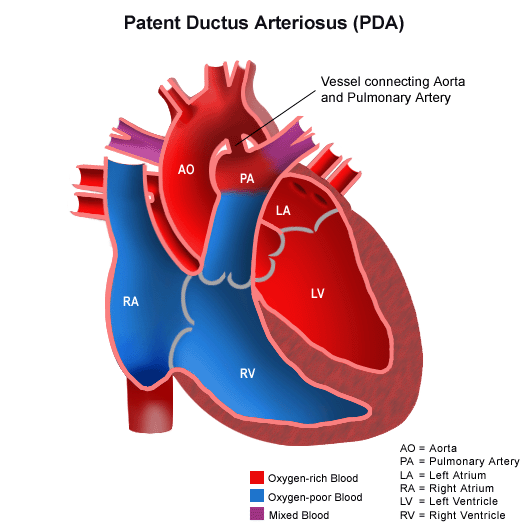Congenital Heart Disease is a broad term for a number of birth defects, which affect the functioning of the heart. The term "Congenital" refers to the condition being present in birth.
The majority of congenital heart diseases are hereditary and can be passed down through the maternal or paternal family. Other congenital conditions are caused by a genetic abnormality such as Arrhythmia, Congestive heart failure, Congestive cardiomyopathy, and Myocardial Infarction. These conditions all affect the function of the heart. Heart disease has been one of the leading causes of death for children in England and Wales since 2020.
Congenital problems with the heart include the following conditions. Congestive Cardiomyopathy: This condition is caused when there is an abnormality in the flow of blood to the heart muscle. It is often caused by a lack of a certain enzyme, which the body makes to break down cholesterol.
Congenital cardiac arrhythmias (CCA): These are heart rhythms that occur spontaneously. They occur due to a defect in the ventricular muscle wall. If left untreated, they can cause death. This is one of the biggest causes of mortality in babies in England and Wales.
Congenital hypertrophy (CH) and congenital large cardiomyopathy (CMC): These conditions are caused by overgrowth of the heart muscle. These conditions can lead to severe heart failure. If left untreated, both conditions can lead to death.
Congenital heart disease can have many different consequences for a child's development. This can lead to deformation of the heart, enlarged heart valves, or abnormal growth of the heart muscle. If left untreated, congenital heart problems can lead to congenital heart failure. Left untreated, congenital heart failure can lead to a condition known as cardiogenic pulmonary embolism.
Congenital heart disease is not life-threatening and has no long-term complications. This can cause some discomfort in infants and toddlers, but it will go away with age. However, if left untreated early, it can cause serious problems and should not be taken lightly.

People with a history of congenital heart problems should always check their medical records to see if they have a family history of heart problems
It should also be borne in mind that if you have any other health problems such as diabetes, high blood pressure, or asthma, it is important to check your medical record. The healthcare professional will also be able to advise you on the steps to take. For example, if you are referred for further testing.
The earlier in the child's development as a problem in the heart is detected, the better it can be dealt with. This is because the earlier symptoms can be identified, the faster the recovery process can take place.
When a child is diagnosed with congenital heart disease, the doctor will usually recommend treating it with medicines that are usually prescribed for heart problems. However, a child who has a problem may also need to undergo cardiac surgery. In severe cases where the heart has failed, the child may require the use of an oxygen tank to improve his or her oxygen supply.
The doctors will usually perform an examination of your child's heart to check for problems. They will be looking for signs such as fluid retention, poor cardiac function and abnormal heart rhythms.
If there is nothing to be concerned about in the initial visit, your child will be referred to a specialist for a regular check ups. This will include: chest x-rays, ECG, blood tests, an MRI scan and angiography.
The treatment for congenital heart disease can vary depending on what is found and how severe the damage is. A specialist will decide if you should be given medication or if surgery is required. In more serious cases, surgery will be necessary. There are treatments for your child to prevent a recurrence of the problem and to treat complications arising from the disease.

